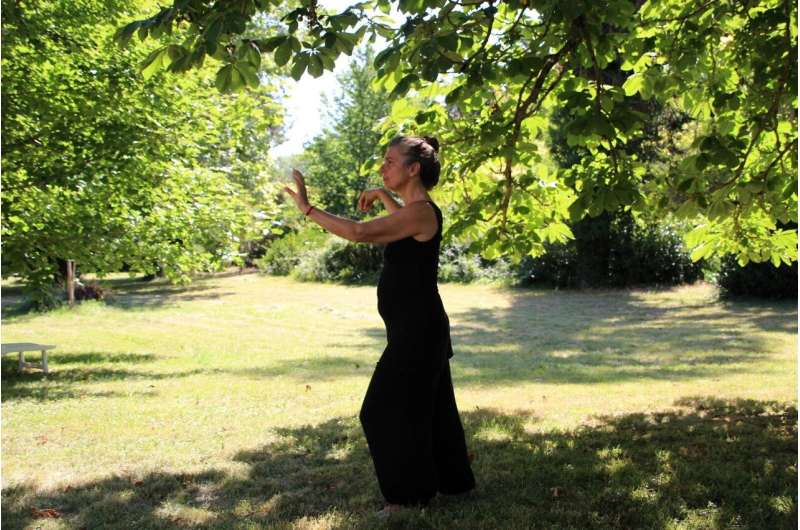Doing less, achieving more: How the practice of wu-wei can boost athletes’ performance


When athletes experience the state of flow or are in the ‘zone’ they sometimes describe the feeling as one of effortlessness. Although their exertions may feel effortless, what their bodies achieve in terms of performance can be extraordinary.
In recent years, an increasing number of sport psychologists recommend that athletes practice mindfulness as part of their mental preparation for competing. Mindfulness aims to develop a non-judgemental awareness of the present moment, and can not only improve focus, but also promote that elusive state of flow.
In a conceptual review published in the Asian Journal of Sport and Exercise Psychology, a group of researchers assert that the ancient Chinese wisdom of wu-wei, which can be understood as non-doing or non-striving, is a natural extension of mindfulness training for athletes.
Lead author of the review, Ying Hwa Kee, an associate professor in the National Institute of Education at Singapore’s Nanyang Technological University, explains that “there have been discussions about the similarity between wu-wei and flow in the literature. With the increased adoption of mindfulness in sport psychology, we would like to convince colleagues in the field to consider the wu-wei alternative.”
As well as highlighting the links between wu-wei and mindfulness, the review also considers wu-wei in the context of non-striving, flow, nonduality, Zen, Mushin, motivation, goals and implicit learning. It highlights previous works that describe the benefits of adopting such an approach in Japanese swordsmanship and archery.
Source: Read Full Article